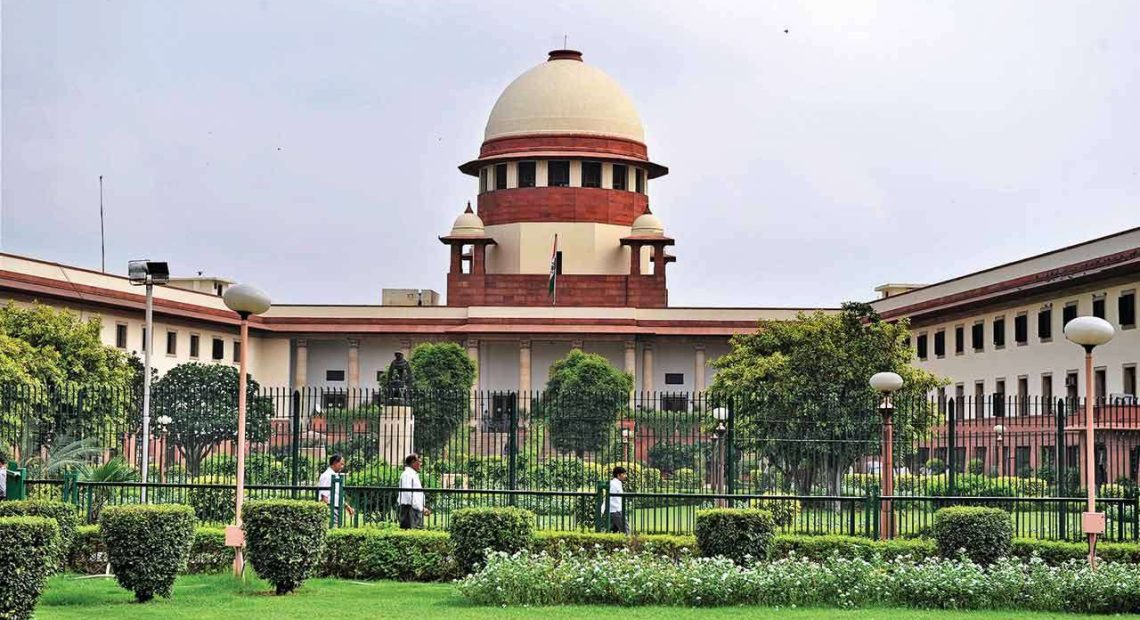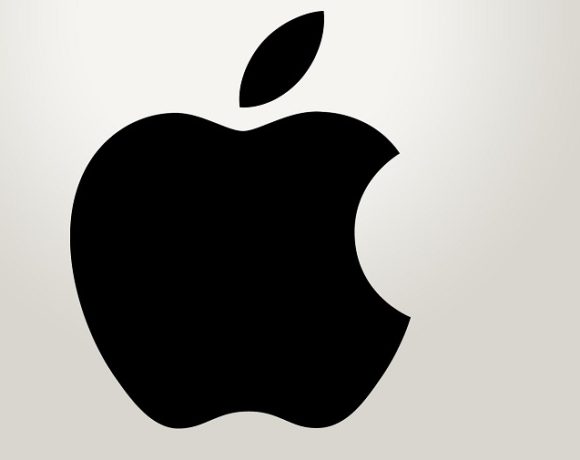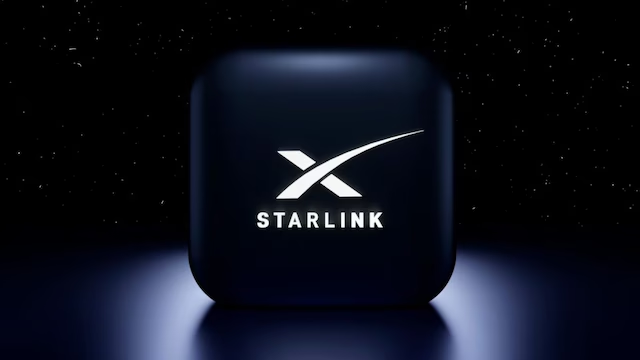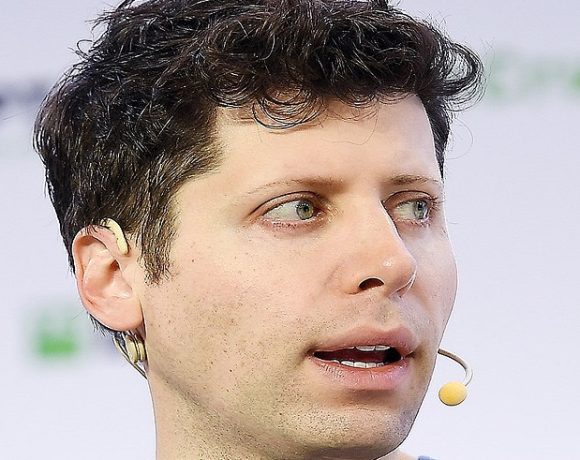
SC Rejects AGR Dues Waiver Pleas by Airtel, Vodafone Idea
In a critical verdict impacting the telecom sector, the Supreme Court of India on May 19, 2025, dismissed petitions by telecom giants Bharti Airtel, Vodafone Idea, and Tata Teleservices seeking a waiver on interest, penalties, and interest on penalties related to adjusted gross revenue (AGR) dues. The bench led by Justice J.B. Pardiwala ruled the pleas “misconceived” and upheld the requirement for full payment of dues as per the original 2020 judgment.
Heavy Financial Liabilities for Telecom Firms
The court’s ruling has major financial implications for the telecom companies involved:
- Bharti Airtel is liable to pay ₹43,980 crore in total dues, including ₹9,235 crore as principal, ₹21,850 crore as interest, ₹3,995 crore in penalties, and ₹8,900 crore in interest on penalties. Airtel argued that the sudden enforcement of the 2020 judgment caused significant financial strain and requested partial relief.
- Vodafone Idea, which is already under immense financial pressure with over $25 billion in net debt, owes ₹12,797 crore in principal, ₹28,294 crore in interest, ₹6,012 crore in penalties, and ₹11,151 crore in interest on penalties. The company claimed its very survival was at stake and that its collapse could affect 200 million subscribers nationwide.
Tata Teleservices also sought similar relief but was included in the outright rejection of pleas.
Market Reaction Reflects Investor Concerns
Following the Supreme Court’s decision, immediate market reactions signaled investor anxiety:
- Vodafone Idea shares plummeted by 12.2%, hitting an intraday low of ₹6.47. Investors expressed fears over the company’s viability given its mounting liabilities and dwindling options for financial restructuring.
- Bharti Airtel shares saw a minor decline of 0.2%, indicating relatively stable investor sentiment due to its comparatively stronger financial position and diversified revenue base.
Government Firm on AGR Dues Recovery
The Department of Telecommunications (DoT) has consistently reiterated its stance on full AGR dues recovery. On April 29, 2025, the government rejected Vodafone Idea’s formal plea for waiver, despite previously converting part of its dues into equity, thereby holding a 49% stake in the company.
Bharti Airtel, in contrast, had requested clarification on whether it too could convert dues into equity to maintain a level playing field. However, the Centre has remained firm that any such conversion must not be interpreted as waiver of core liabilities.
A Landmark Judgment with Long-Term Impact
The Supreme Court’s decision upholds the sanctity of contractual and regulatory obligations, reinforcing the 2020 ruling that redefined the scope of AGR to include non-core revenue. While the ruling boosts government revenue recovery, it exacerbates Vodafone Idea’s precarious financial position and leaves its future uncertain.
Analysts suggest that the companies may now need to explore asset monetization, equity infusion, or mergers to survive in the hyper-competitive telecom market. With increasing emphasis on 5G rollout and digital infrastructure, the long-term health of the sector may now depend on how companies restructure under growing financial pressure.


















